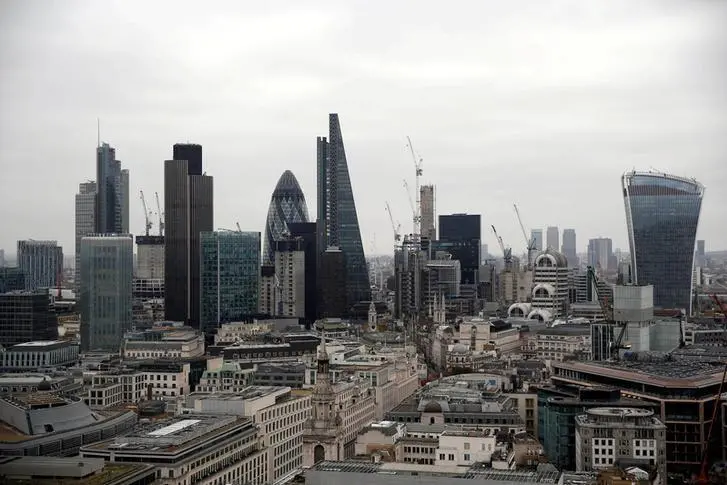PHOTO
The new British government's aim to post the fastest sustained economic growth among G7 nations hinges on ranking first for increases in per-capita output for two years running by the time of the next election, a government source told Reuters.
Achieving this target would represent a marked turnaround from Britain's recent status as one of the G7's laggards for per-capita GDP growth, having been middle of the pack for much of the 2010s.
It would also likely signify a return to improving living standards, with real per-capita household disposable incomes lower in early 2024 than they were in late 2019.
The government source's comment is the first confirmation of the specific growth target for Prime Minister Keir Starmer's Labour government, elected last week in a landslide victory.
Starmer and his finance minister Rachel Reeves have promised to improve Britain's long-running anaemic growth rates, hurt by weak productivity and low investment. On Monday, Reeves announced sweeping reforms to the planning system.
According to OECD data dating back to the 1970s, Britain has never topped the G7 ranking for GDP growth per person for two consecutive years. It came close in the early 2000s, however, coming top in 2001, second in 2002, and then top again in 2003.
Economists say per capita GDP, which divides economic output by the population, represents a better gauge of living standards than overall GDP, which can be skewed higher by immigration.
British economic growth per person grew for the first time in two years during the first quarter, bucking a declining trend that has left the level of per-capita GDP no better than it was six years ago.
Starmer says he wants to raise overall economic growth to around 2.5% a year, similar to Britain's pre-financial crisis average.
Britain's economy looks set to grow by around 1% this year, although data on Thursday showed stronger-than-expected growth in May, posing an upside risk to existing forecasts.
The specific per-capita growth target matches a pre-election commitment published by Labour in September.
(Reporting by Andy Bruce; Editing by Hugh Lawson)





















